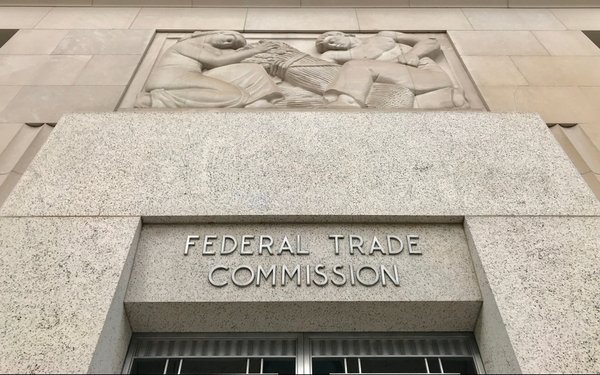
The Federal Trade Commission needs to gather more information about
the current state of online digital advertising before revising children's privacy rules, 31 advocacy groups say in comments filed Thursday.
“The FTC cannot base substantive policy
decisions on the current dearth of details about how the information ecosystem functions,” the Campaign for a Commercial-Free Childhood, Center for Digital Democracy, American Academy of
Pediatrics and other organizations write. “Rather, the FTC must conduct and complete a series of long-overdue studies to shed light on these opaque industries before it adopts any
privacy-related rulemaking or major policy change.”
The organizations are asking the FTC to use its investigative authority to examine issues including how platforms collect and use
data, and the extent to which children under 13 use sites aimed at a general audience.
advertisement
advertisement
The letter comes in response to the FTC's request for input regarding the regulations that implement the
Children's Online Privacy Protection Act. That law prohibits website operators from knowingly collecting personal information -- including web-browsing data used for targeted advertising -- from
children under 13, without their parents' consent.
In July, the FTC initiated a review of the rules by requesting comments from the public. The agency solicited opinions about a host of
potential changes to the regulations, including one that would allow YouTube and other platforms to collect data from users ages 13 and older who watch videos aimed at younger children.
The
advocacy groups say the policy questions posed by the agency cannot be addressed without more knowledge of how platforms are operating.
“General audience platforms purport to lack
awareness of children on their platforms to avoid incurring liability... but without more details it is impossible to accurately assess the problem,” the groups write. “Indeed, there is
evidence that so-called general audience platforms have access to information regarding children using their services, raising serious questions about their claims of ignorance.”
The
advocacy groups add: “Leading platforms and brands have a wealth of proprietary measurement and other data that can help the commission better understand how these services recognize child
users.”
In September, Andrew Smith, the head of the FTC's consumer protection bureau, said he anticipated the agency would revise the regulations. Speaking at the annual conference of
the National Advertising Division, a unit administered by the Better Business Bureau, Smith said the agency has “heard that the inability to engage in interest-based
advertising on YouTube is going to hurt content creators.”
Google recently agreed to pay $170 million for allegedly violating the children's privacy law by collecting data from YouTube
viewers younger than 13. The company also promised to limit data collection on videos made for children, even if the people watching the videos are older than 12.